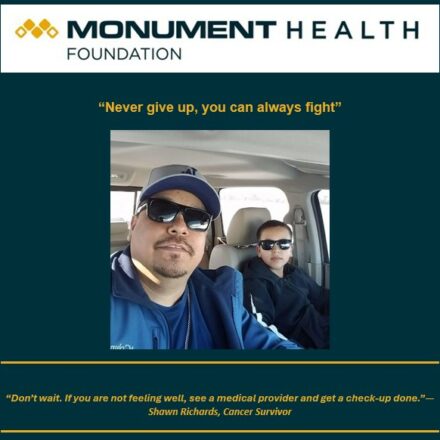
Antacid medications, which decrease the acidity of stomach contents, can be very effective at controlling symptoms even though reflux is still occurring.
They include:
- Antacids
- H2 blockers
- Proton Pump Inhibitors (PPIs)
90 percent of patients have symptom relief with antacid medications after 2 months of use. However, the effect of these medications tends to decrease with time and only about 70 percent of people report having good control of symptoms with medications after 2 years.
Many patients will initially have good control of symptoms and then over time need to increase doses of medications or switch to stronger forms of antacids in order to continue to have control of symptoms. Additionally, long-term use of the strongest form of antacid medications (Proton Pump Inhibitors or PPIs) are associated with increased rates of osteoporosis, heart failure, heart attack, Alzheimer’s disease, renal failure and C. Difficile colitis.
Finally, because antacid medications do not stop reflux, patients can still develop complications of GERD including upper respiratory symptoms, strictures or narrowing of the esophagus, esophagitis or even pre-cancerous changes.
It is important to know that medications do not stop reflux events, they only make the reflux less acidic. Patients should also understand that long-term use of some antacid medications can be detrimental to your health.


